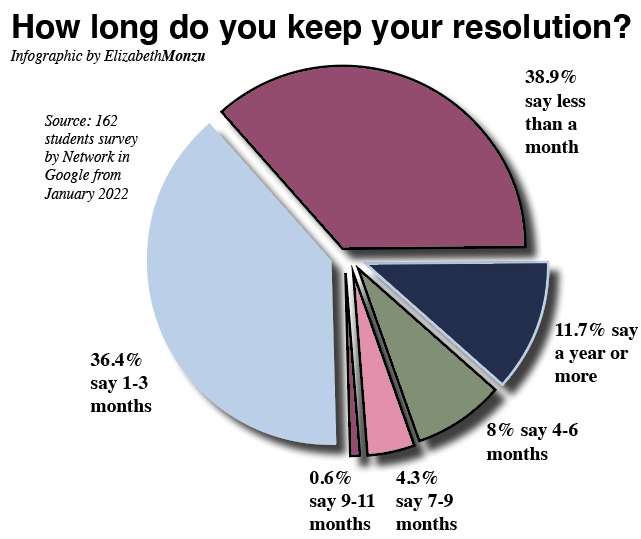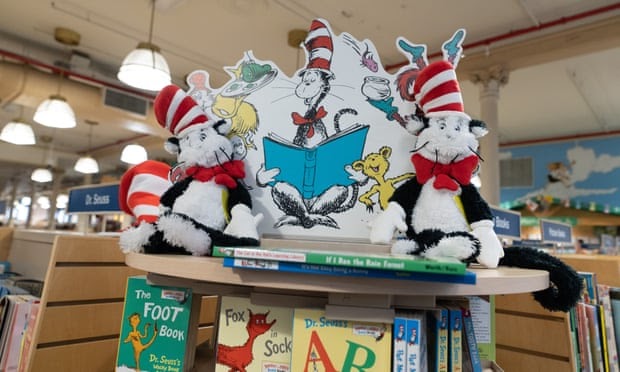Theodor Seuss Geisel, better known as Dr. Seuss, has been a household name for his large catalog of children’s books that have remained classics for decades. Each year he is celebrated for his famous work, but this year, something rather unexpected happened.
On March 2nd, which would have been Dr. Seuss’ 117th birthday, Dr. Seuss Enterprises announced on their website and Twitter account that six of his books would no longer be published because they contained racist stereotypes. The six books that were pulled are And to Think That I Saw It on Mulberry Street, If I Ran the Zoo, McElligot’s Pool, On Beyond Zebra!, Scrambled Eggs Super!, and The Cat’s Quizzer.
The statement issued said that “These books portray people in ways that are hurtful and wrong.”
“Ceasing sales of these books is only part of our commitment and our broader plan to ensure Dr. Seuss Enterprises’s catalog represents and supports all communities and families.”

When looking at the six books, it makes sense as to why they have been pulled from publication. In And to Think That I Saw It on Mulberry Street, there is an Asian character who has two lines for eyes and carries a bowl of rice with chopsticks. If I Ran the Zoo has a white character who implies that he is going to put a person of color wearing a turban on display in his zoo.
It is debated whether this situation is a product of cancel culture. According to Philip Nel, author of Was The Cat in the Hat Black? The Hidden Racism of Children’s Literature and the Need for Diverse Books, that is simply not the case. He is also a specialist of children’s literature and an English professor at Kansas State University.

Nel views the decision to end publication of these six titles as one way to address material that can be considered today as problematic.“Dr. Seuss Enterprises has made a moral decision of choosing not to profit from work with racist caricatures in it and they have taken responsibility for the art they are putting into the world and I would support that. They’re not being banned. They’re not being cancelled. It’s just a decision to no longer sell them.”
Lark Grey Dimond-Kates, Seuss’ stepdaughter, told the New York Post that “There wasn’t a racist bone in that man’s body,” but regards this choice by the company as a “wise decision.”
It is also important to note that generally when either a person or establishment is “cancelled,” it is due to someone calling that person or establishment out for something offensive that they have committed. That calling out then leads to an uproar from the public to “cancel” them. In this case, Dr. Seuss Enterprises didn’t pull the six books because of pressure and outrage from the public, but instead they did it on their own volition.
The popularity of whoever or whatever is getting cancelled diminishes significantly as well. For Dr. Seuss book sales, this hasn’t happened at all. In fact, the number of sales drastically increased. More than 1.2 million copies of Dr. Seuss books were sold the same week that the six books were removed from publication. That is more than quadruple the amount of copies sold from the week prior.
Despite what some people may think, Dr. Seuss was not cancelled. It was a conscious decision to discontinue books that contained imagery and characters that are insensitive by today’s standards. Given the support that has been given to the decision, it is very likely that Dr. Seuss won’t be going away any time soon.
Sources:
https://www.seussville.com/statement-from-dr-seuss-enterprises/
https://www.theguardian.com/books/2021/mar/07/dr-seuss-books-product-recall-cancel-culture
https://www.nytimes.com/2021/03/04/books/dr-seuss-books.html
https://www.cnet.com/news/six-dr-seuss-books-pulled-for-hurtful-and-wrong-images/
https://nypost.com/2021/03/02/dr-seuss-didnt-have-a-racist-bone-in-his-body-stepdaughter/
































